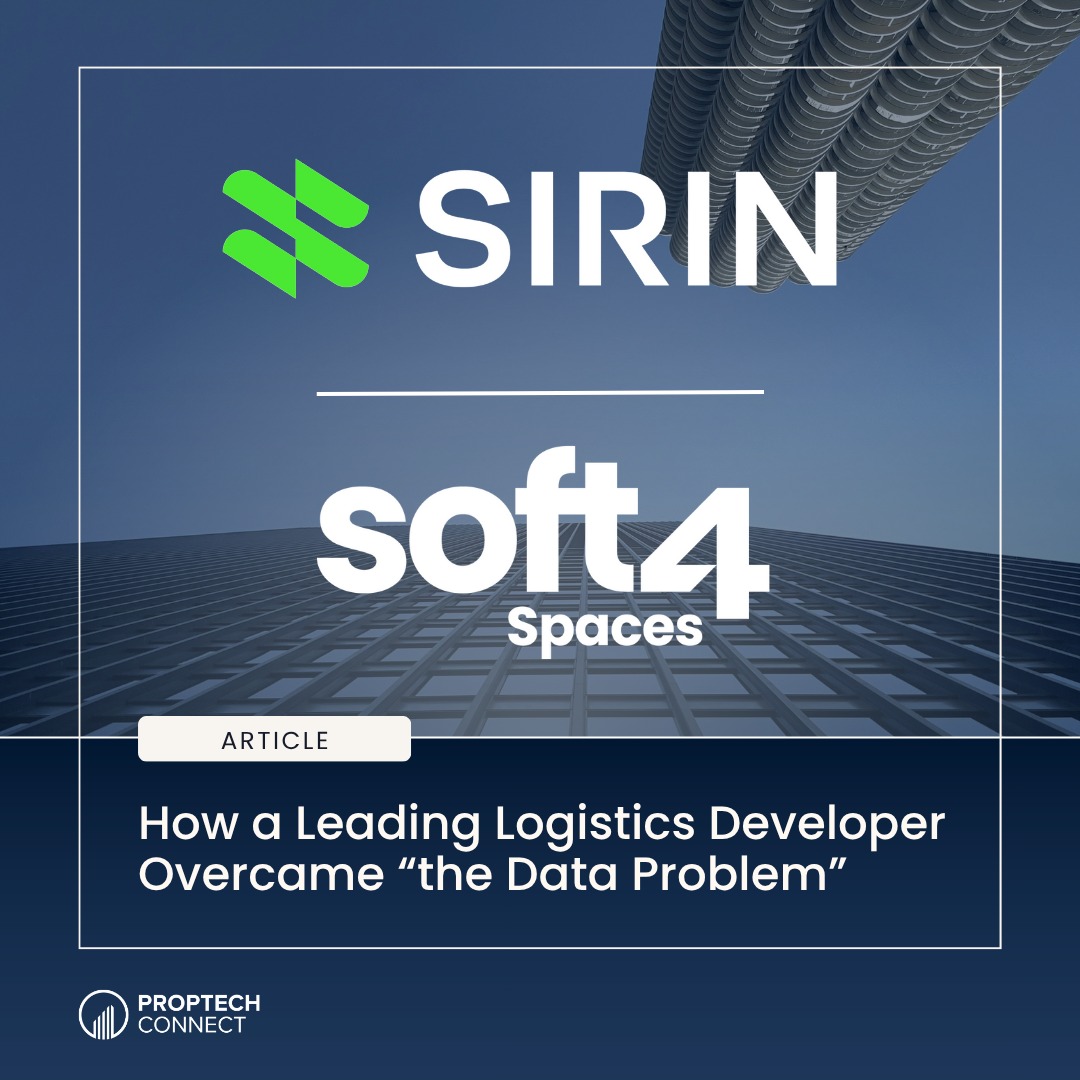
Shared 15 October, 2025
PropTech Connect » News & Insights » News

Real estate leaders face two persistent problems that slow decision-making:
Together, these issues create what many call “the data problem.” It’s not a lack of data, but the inability to consolidate, trust, and therefore act on it. This effect multiplies as the number of stakeholders involved increases.
A leading logistics developer in the Baltics, Sirin Development, experienced these challenges first-hand. Their accounting system relied heavily on Excel, with cost allocations for tenants managed manually. As their portfolio grew, so did the spreadsheets. This created several pain points:
This resulted in inefficiency, risk of error, and a lack of transparency, and without a shift, decision-making would remain reactive and fragmented. Sirin Development needed more than another tool: they needed a new way of managing both their information and their stakeholders.
To address these challenges, Sirin partnered with Soft4Spaces, implementing a solution built on Microsoft Dynamics 365 Business Central. Rather than simply layering new software onto old processes, the collaboration focused on transforming how data and workflows were managed.
Key outcomes of the partnership included:
The impact was measurable. Decisions were made faster because reporting was trusted. Risks surfaced earlier, avoiding cost overruns and late interventions. Cross-team collaboration improved, with fewer delays caused by unclear ownership. Leaders also spent less time cleaning data and more time focusing on strategy.
For Sirin, the result was a transformation from reactive to proactive management, ensuring projects stayed aligned with both financial and strategic objectives.
For the largest players in real estate, the real challenge is not access to technology but how it is applied. Sirin’s experience underscores three principles worth noting:
The lesson is clear: innovation in real estate is not about chasing the newest tools. It is about creating disciplined ways of working that reduce risk, strengthen collaboration, and accelerate outcomes across portfolios. For leaders navigating a rapidly shifting market, this operational discipline may prove to be the most decisive competitive advantage of all.
As ESG demands rise, costs climb, and stakeholder networks grow more complex, gaps in data and governance are no longer tolerable. Sirin Development’s shift with Soft4Spaces shows that solving the data problem is not about chasing new systems, but about building clarity and trust across operations. For real estate leaders, the takeaway is clear: disciplined data management is now the foundation for faster decisions, reduced risk, and long-term competitiveness.
Source
Join our community of 200,000+ real estate leaders and get weekly insights and updates with our newsletter.









*Offer ends on Friday, 7th February.
